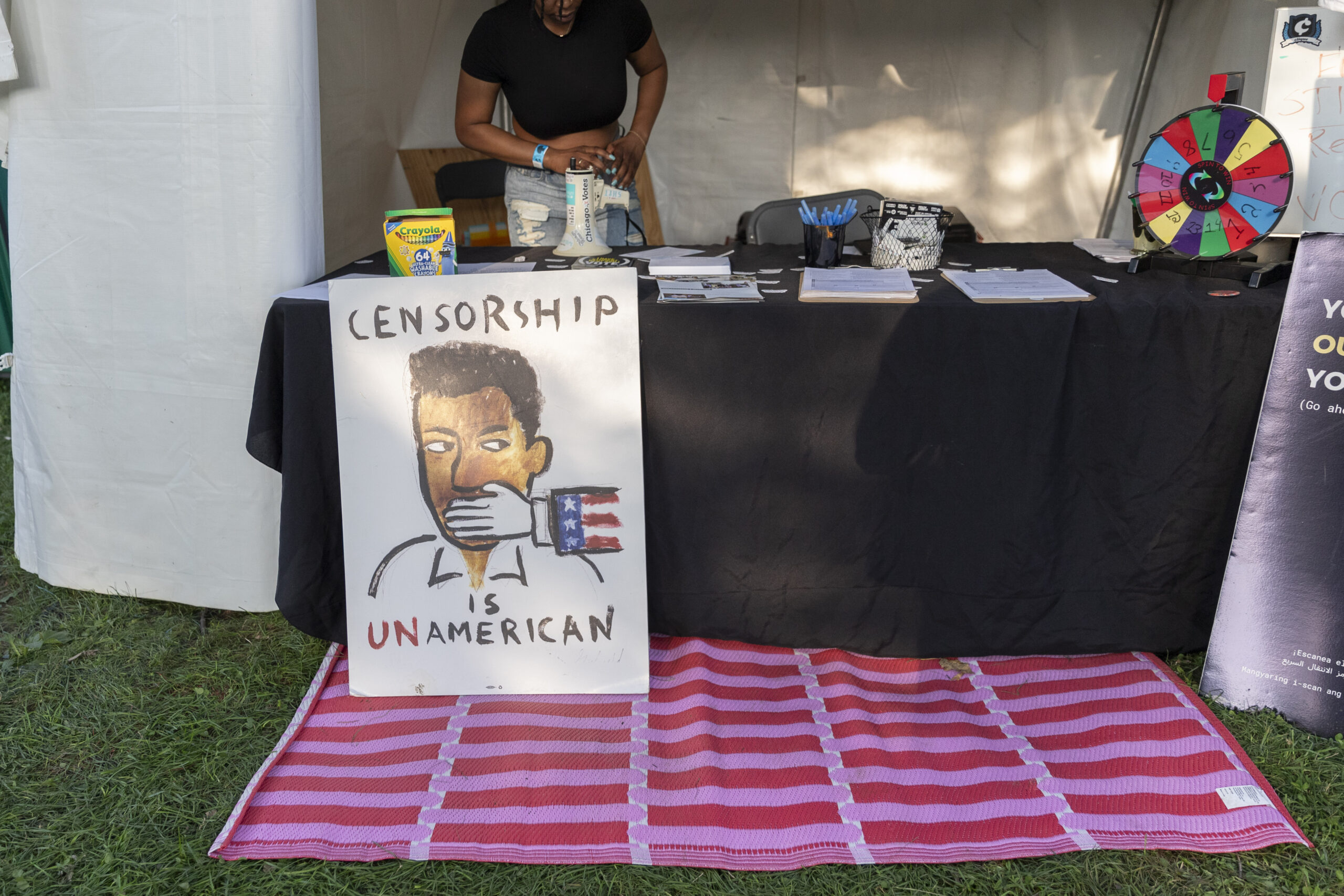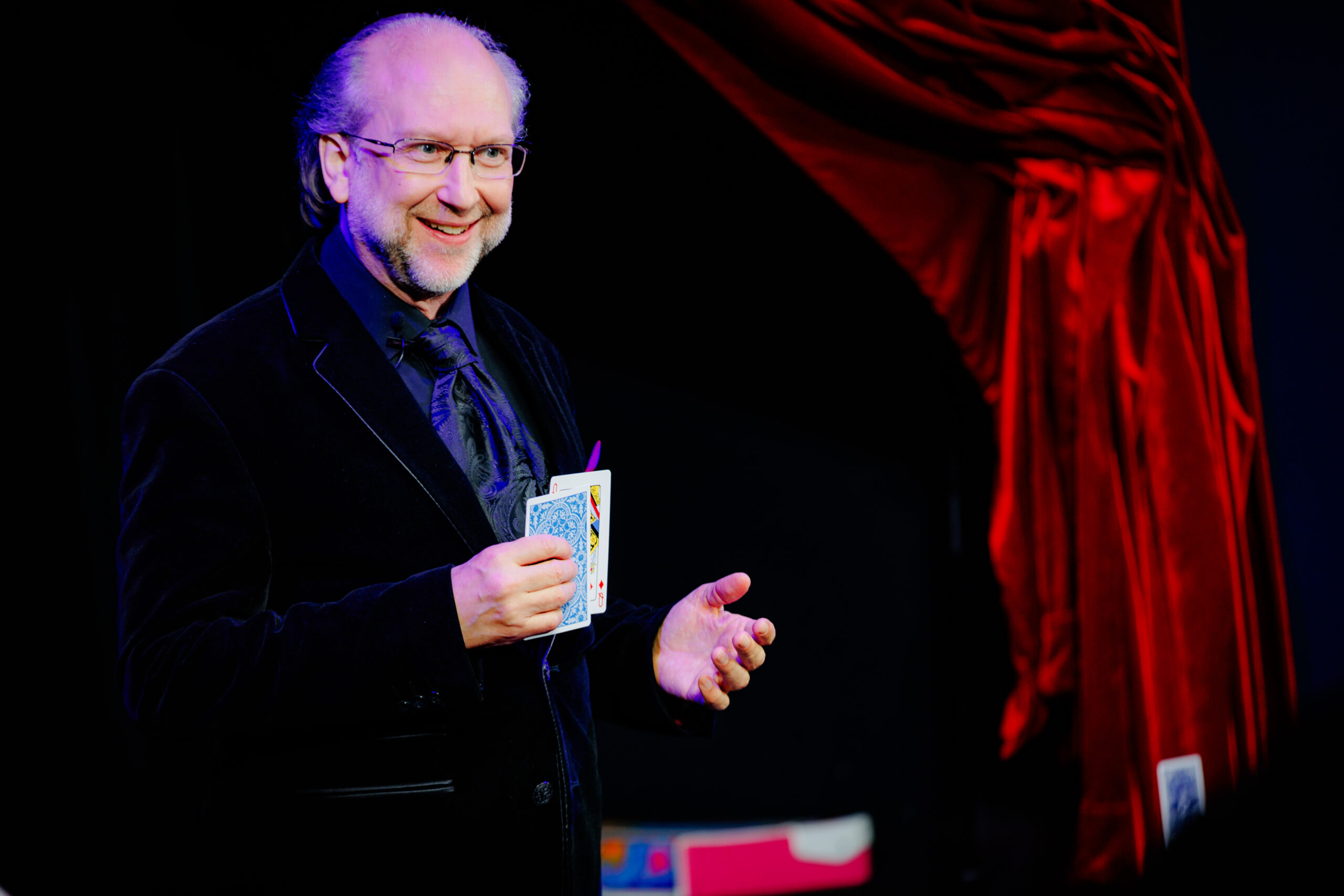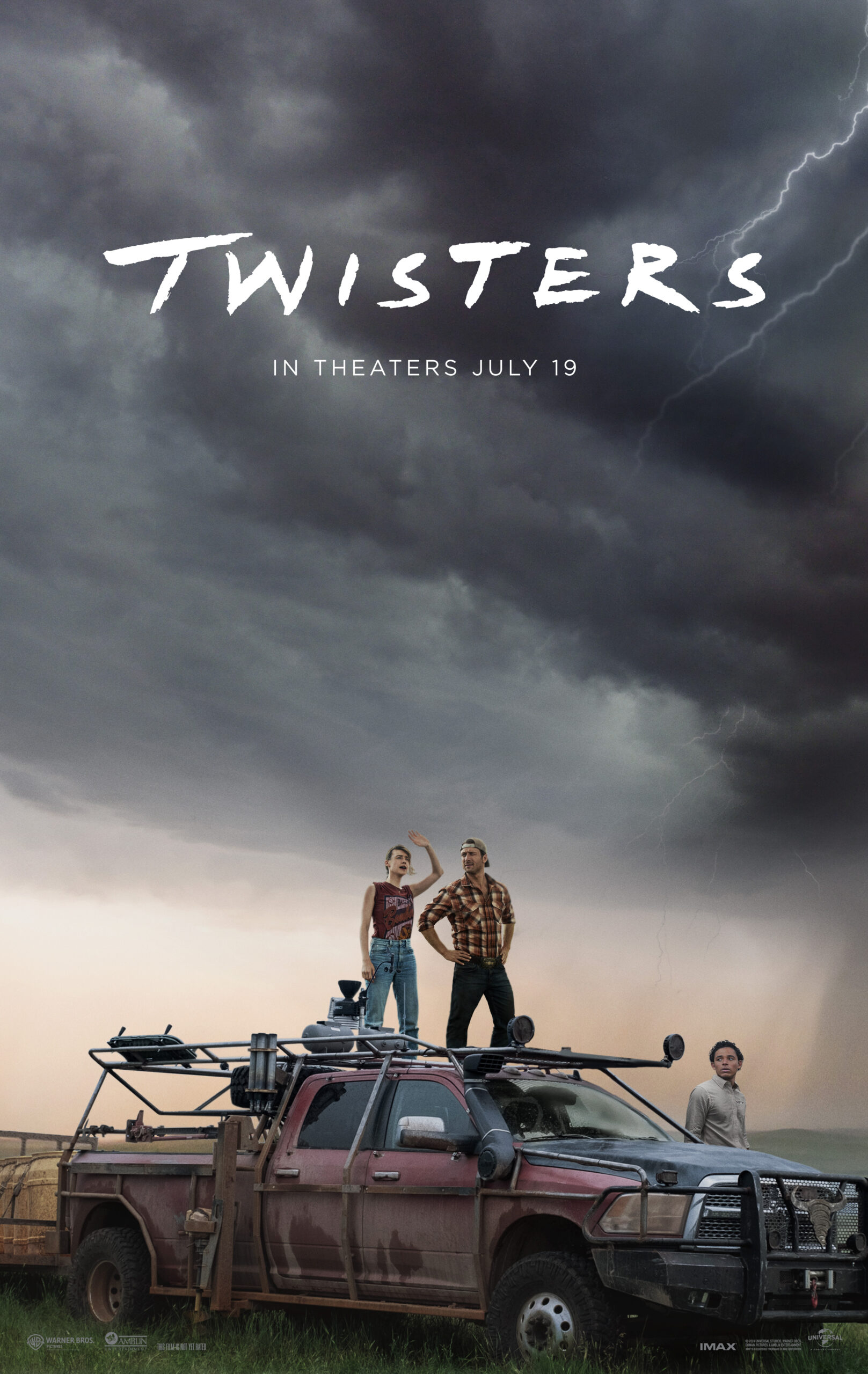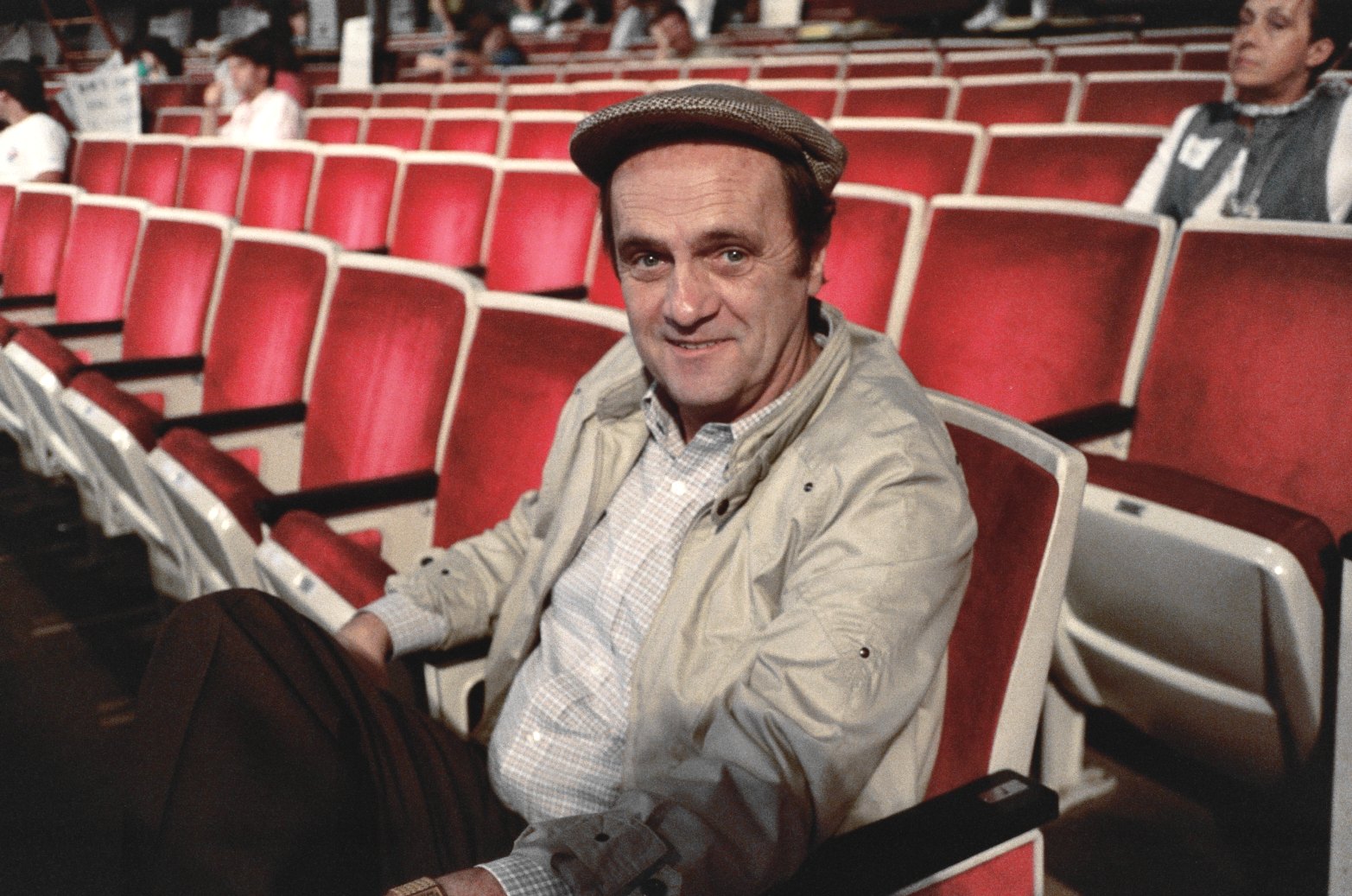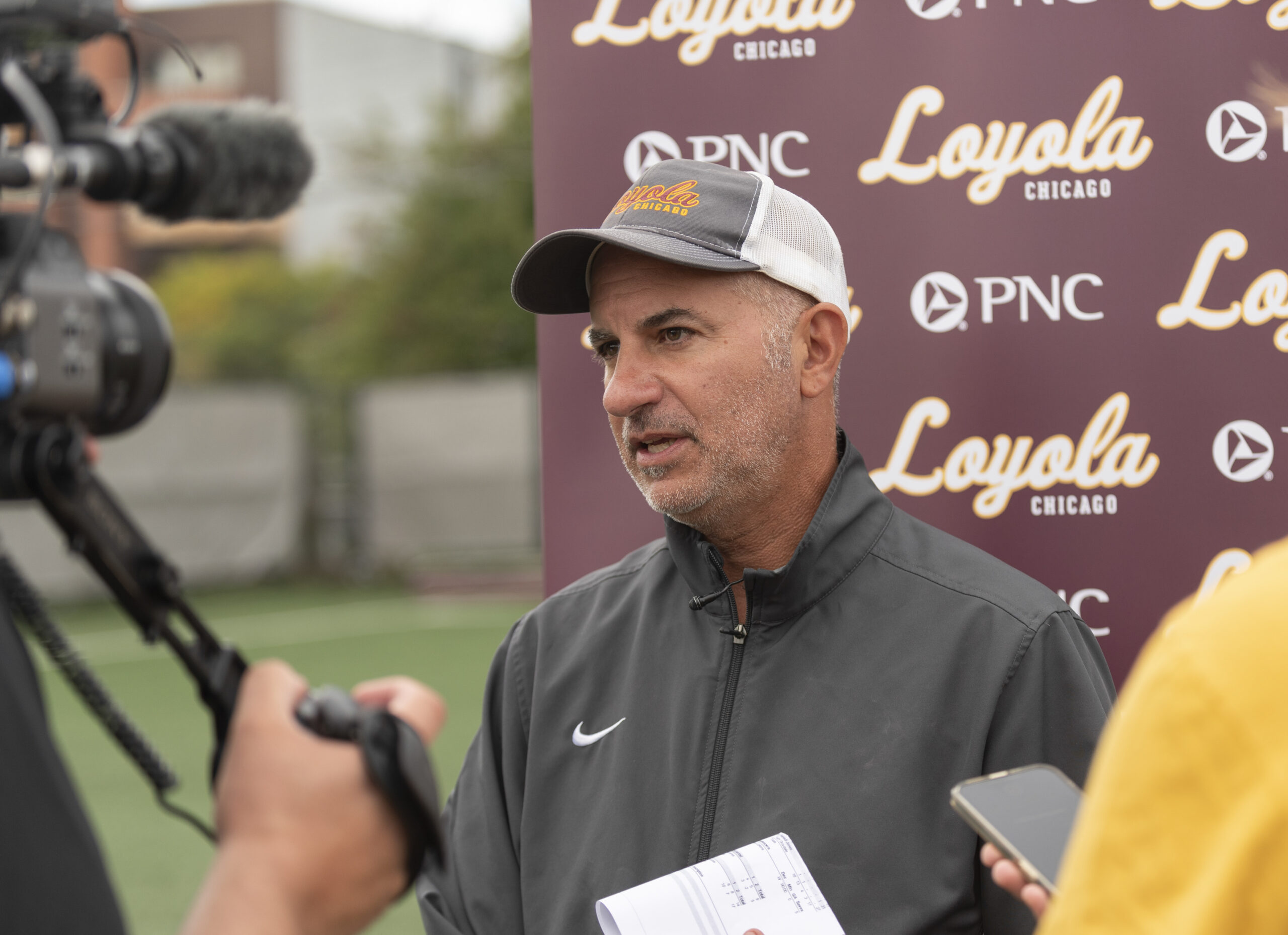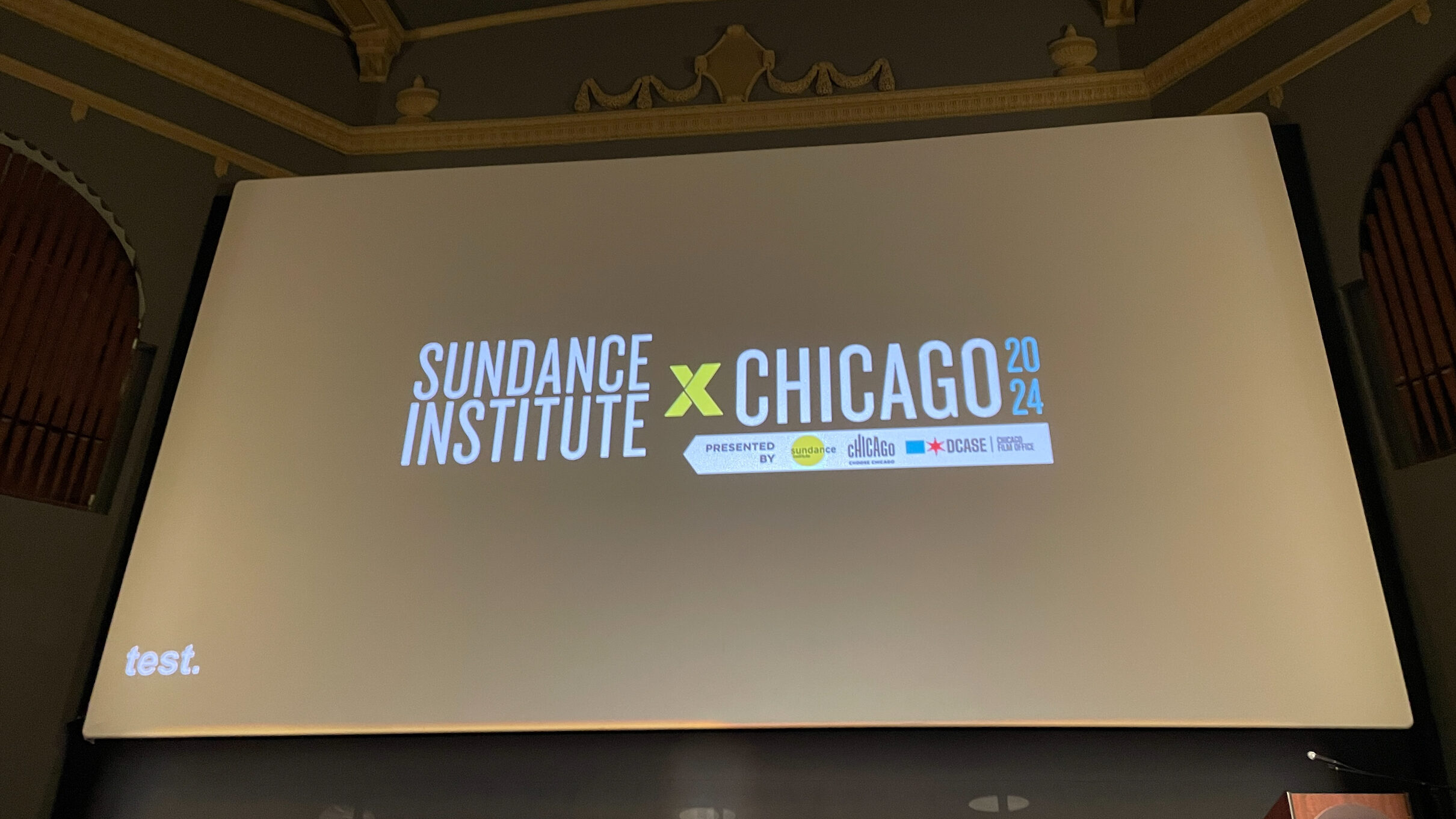Writer Serena Aliyah inquires undergraduate students about Colleen Hoover, a young adult novelist, and her polarizing works.
Content warning: Domestic violence
Book lovers are at war, and at the center of it all is one author — Colleen Hoover.
Hoover is a best-selling author who has taken the young adult genre by storm. Best known for her romance novel “It Ends With Us,” her success is accredited to readers who have reviewed her work on social media, a readership dubbed the “CoHorts.”
Her novels draw polarization from those who view her work as a glorification of domestic violence and those who champion her ability to make victims’ experiences understandable for wide audiences. Hoover’s audience, primarily young and female, have spearheaded the debate, according to The New York Times.
English professor Daniela Olszewska read Hoover’s “It Ends With Us” and “Slammed.” Olszewska said Hoover’s work lacks significant literary elements but is undeserving of severe negativity.
“When I first started reading ‘It Ends With Us,’ I had come into it hearing a lot of negative things about the writing and about how it had come to be published,” Olszewska said. “I expected it to be terrible, and so mostly I was struck by how not terrible it was.”
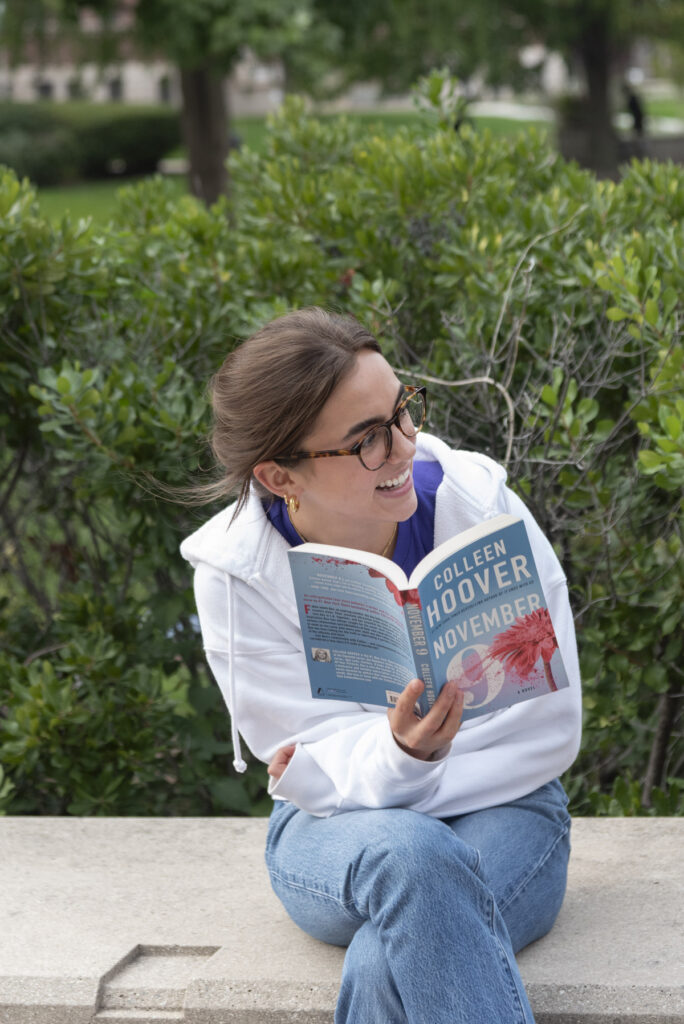
Olszewska said Hoover’s ability to write about domestic violence is an endeavor that is difficult for authors to accomplish. For this reason, she said many authors strategically guise heavier themes by adding elements of fantasy, changing the time period or species of the character. She said this makes it easier for authors to convey the “difficult elements” of real life experiences.
“I think she has hit upon writing books that readers want to read which, by many definitions, is the writer’s most important job,” Olszewska said.
On the other hand, students who said they dislike Hoover’s novels found disagreement with her sanitization of abuse.
Savannah Core, a third-year history and political science double major, has read three of Hoover’s major works. She said she hoped if she kept reading she would find a Hoover novel that was enjoyable. Nonetheless, she said she remains unimpressed.
“I’m not trying to yuck anybody’s yum or trying to be an elitist reader by saying I only read ‘real literature,’” Core said. “I think it’s fine if it’s something you like to read, it literally does not harm me in any way, but I just really couldn’t get into any of her books.”
Core said there are components of Hoover’s writing that feel cliché, describing the writing style as “Wattpad-esque,” referencing the online publishing and reading platform site Wattpad.
Political science and social advocacy double major Vivian Klosk echoed Core’s thoughts, acknowledging that many authors who fall into the same genre, such as Emily Henry, have done a better job at writing about dynamic romantic relationships.
Klosk said she found similarities between Hoover’s work and the writing of Anna Todd, the author of the fanfiction-turned-novel “After.”
“[Todd] adapted and changed and edited and made it into a better piece of work that was suitable to be consumed by that many people,” Klosk said.
In comparison to Todd’s work, Klosk said Hoover’s work felt unfinished. Klosk said she found mistakes such as grammatical errors in a hard copy of “It Ends With Us” she picked up in a bookstore.
Critiquing the portrayal of domestic violence and sexual intimacy across Hoover’s work, Core said novels like “November 9,” “Ugly Love” and “It Ends With Us” romanticize the inexcusable.
“If she stopped marketing her books as romance novels and marketing them as thrillers, I feel like that could be extremely successful,” Core said. “I feel that a lot of the situations she writes about just simply aren’t romantic. They feel very toxic and borderline abusive in some cases. For it to be painted as something that’s super romantic and sweet just feels icky to me.”
Klosk contradicted Hoover’s claim that “It Ends With Us” is a novel that should help readers understand why a woman would stay in an abusive relationship, which Hoover said in an interview with Time Magazine.
“I did not leave reading that book understanding why that woman would have stayed in that situation, because she didn’t write it well enough,” Klosk said.
However, those who appreciate Hoover’s books point to her skill in discussing heavy topics, such as domestic violence, in a way that can be easily understood.
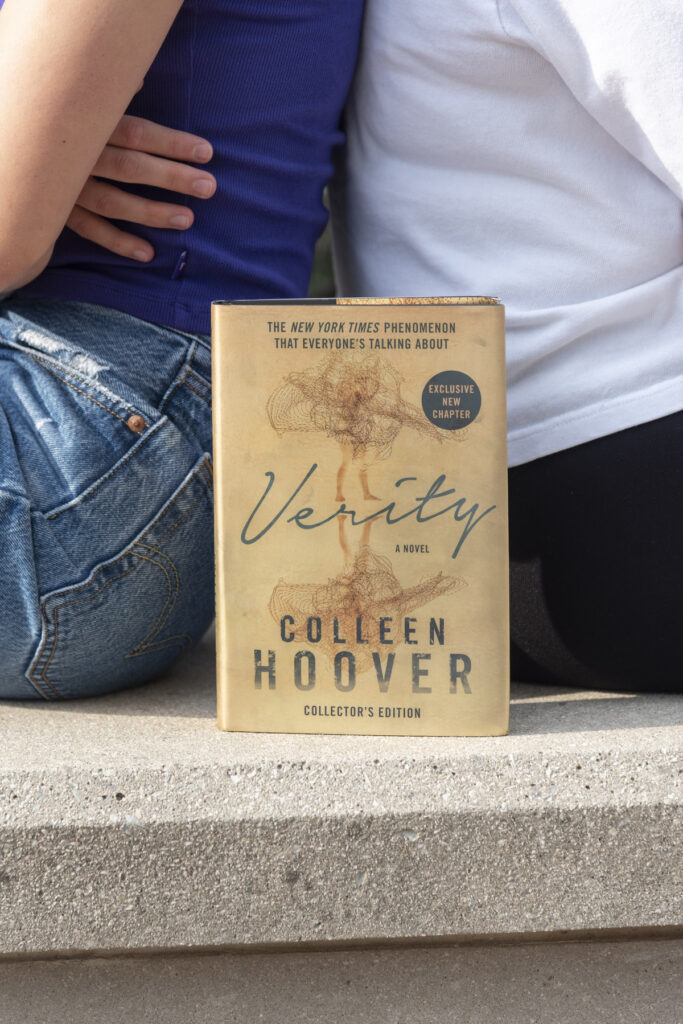
Annalee Christopher, a second-year political science major, said she appreciates the simplicity in Hoover’s writing and said it makes reading about heavy topics easier to consume.
“‘It Ends With Us’ was a great way to write about domestic violence in relationships in a way that isn’t just focusing on domestic violence, but also talking about manipulation emotionally and mentally that keeps a woman locked in a relationship like that,” Christopher said.
Christopher was influenced by the book-centric side of TikTok “BookTok” and has read five Hoover novels, “It Ends With Us” being the first.
“She is very graceful in maintaining the delicacy of speaking about such a complex topic like domestic violence but also not writing it in a way that would make victims of domestic violence be uncomfortable,” Christopher said.
Fourth-year Keeley Carney was influenced by social media to pick up “It Ends With Us.” She said the book ended her reading slump in 2022.
Carney said the way Hoover wrote the abuser in “It Ends With Us” in a way that made her sympathize with his character.
“I felt that the way that she wrote the book was really interesting because at least when I was reading the book, I was almost sympathizing with the abuser,” Carney said. “I thought she did a good job of painting the picture of why women stay in abusive relationships because from the outside perspective, it’s really easy to look at someone’s relationships and say, ‘Why are you still with them, they’re abusing you, they’re horrible to you.’”
Carney also said some characters like Lily and Ryle of “It Ends With Us” helped give her perspective on abusive relationships. She said despite his manipulation and abuse, Hoover’s writing of Ryle was complex and dynamic, complicating an afflicted character with redeemable qualities — a testament to Hoover’s resonance among readers.
This article was edited to more accurately represent the platform Wattpad.
Featured image by Daphne Kraushaar / The Phoenix




